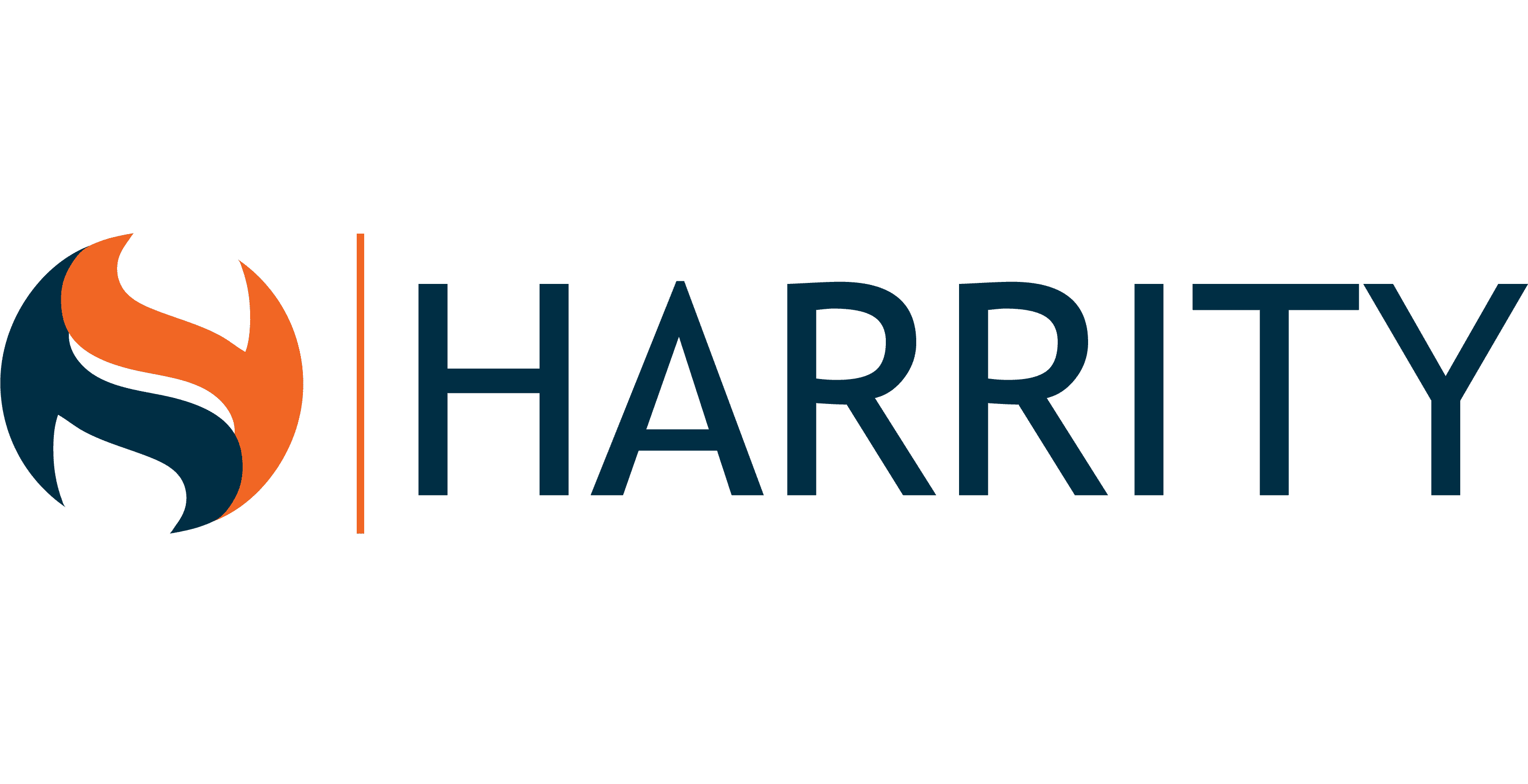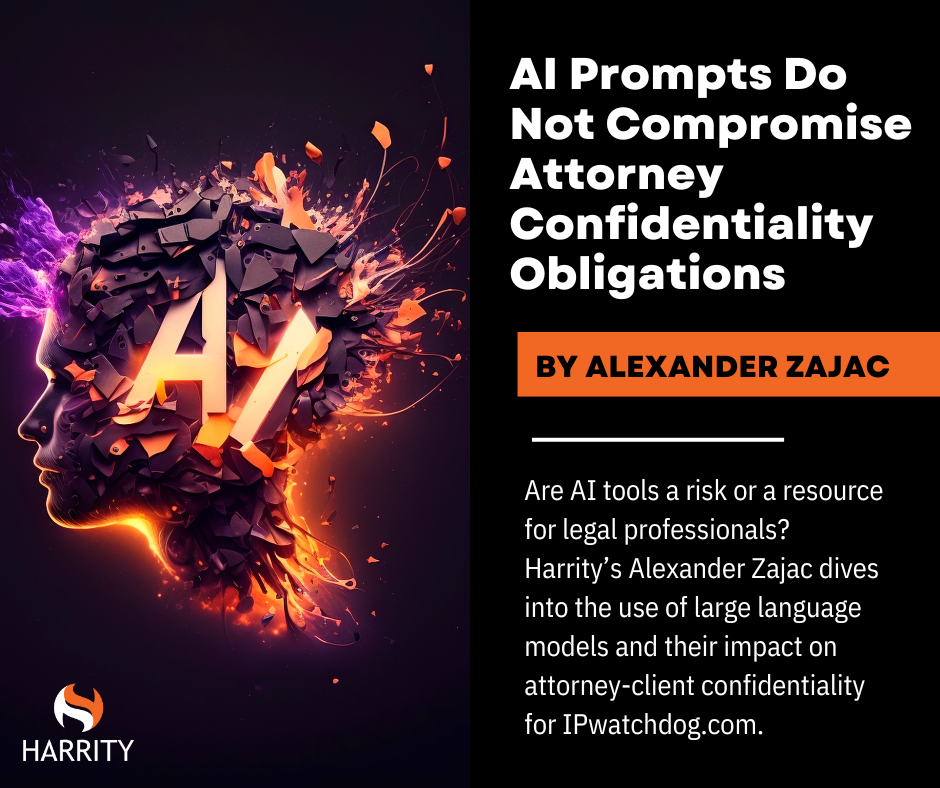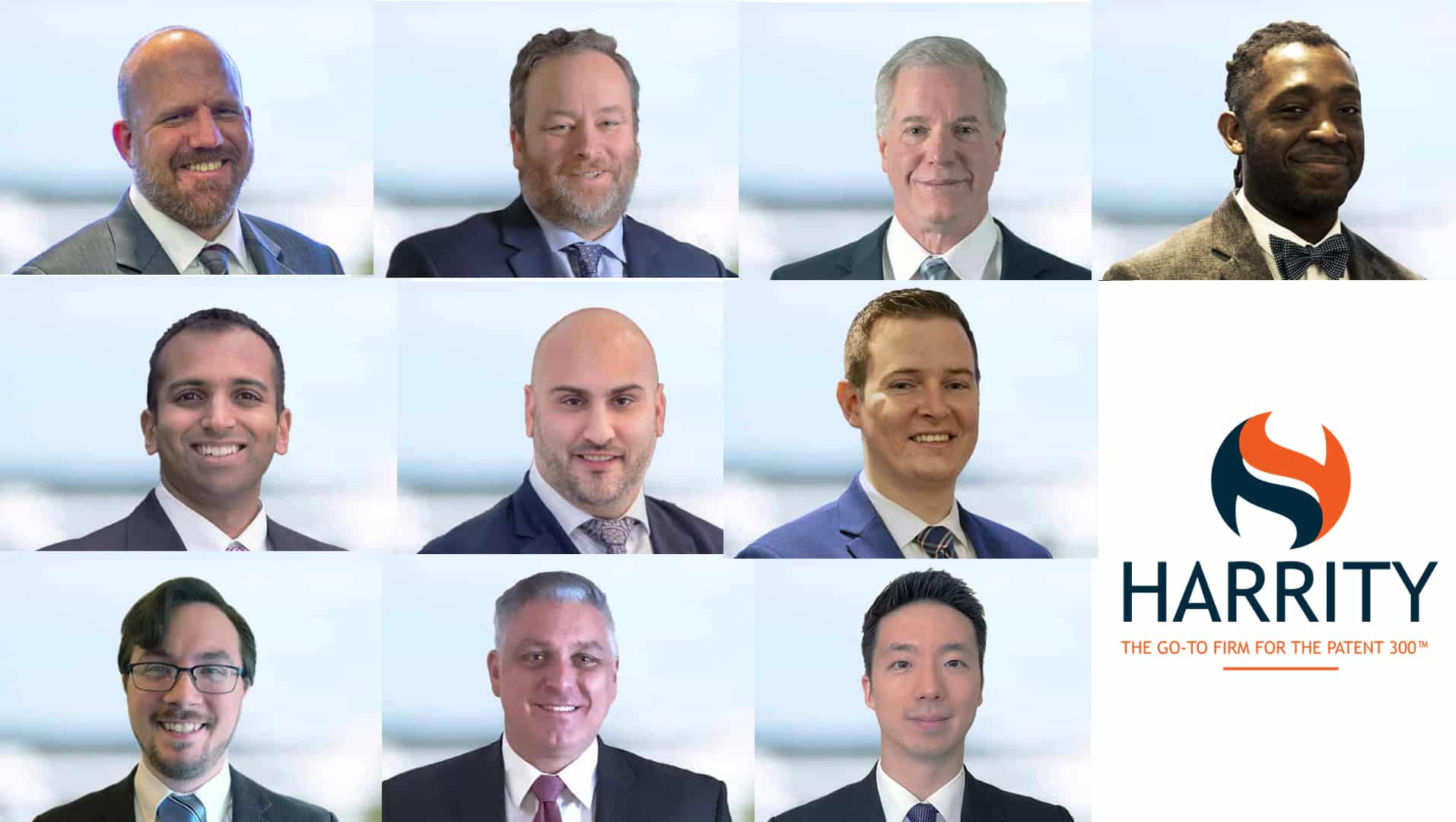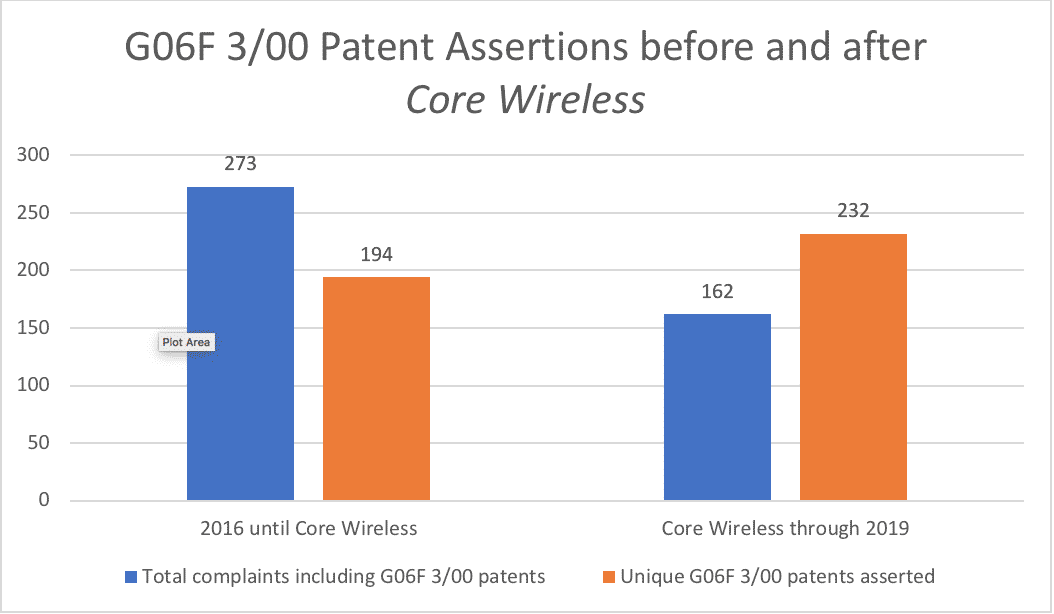2020 was a difficult year for all – with plenty of pitfalls, including quarantining, social distancing, and economic concern brought on by the ongoing global pandemic. At Harrity, we were fortunate enough to be able to continue to provide outstanding service to our clients and build upon the productivity and success of our remote workforce. We are pleased to announce that our firm also welcomed ten superstar patent attorneys to our team in 2020, making it one of our biggest years of growth to date.
Check out the newest members of Team Harrity below!
Robert ‘Bob’ O’Loughlin | Lakewood, CO (Joined 1/6/2020)
Bob has over 12 years of experience in patent preparation and prosecution for electrical and mechanical applications, with specific expertise in software patentability in light of Alice. Prior to joining Harrity & Harrity, Bob worked for over a decade in private practice representing clients with a focus on collaborating to navigate intellectual property opportunities and risks in light of his clients’ objectives regarding innovation, commercialization and competition. Click here to learn more about Bob.
James Bennin | Winter Garden, FL (Joined 2/3/2020)
James is the first recipient of Harrity’s Minority Firm Incubator, a four-year program designed to train, develop, and launch minority-owned patent law firms. James has 15 years of experience in the intellectual property field, with extensive experience counseling clients on various IP matters in the United States and in various other jurisdictions. Prior to joining Harrity in the MFI program, James was previously an associate general counsel at one of the largest universities in the US, and IP counsel at a large multinational company where he counseled multiple business units on matters related to IP. Click here to learn more about James.
Michael Woodward | Albany, NY (Joined 2/3/2020)
Michael has experience in conducting all phases of prosecution for U.S. and foreign patent applications related to computer software, telecommunications, networking devices, and mechanical devices. Prior to joining Harrity, Michael worked at a boutique intellectual property law firm where his practice focused on patent preparation, prosecution, litigation, and patent portfolio management. He also served as Executive Managing Editor of the Albany Law Review, President of the Intellectual Property Law Society, and was a Sponsler Honors Teaching Fellow while attending Albany Law School. Click here to learn more about Michael.
Alexander Zajac | Greenbelt, MD (Joined 4/6/2020)
Alex is a patent attorney specializing in the preparation and prosecution of applications in electrical and computer technologies. Prior to Harrity, Alex worked with an intellectual property law firm in Washington, DC, where he drafted and prosecuted patent applications as well as assisted with opinions and litigations. He also previously worked at the United States District Court for the District of Columbia with Magistrate Judge Alan Kay. Click here to learn more about Alex.
Steven DiPasquo | Basking Ridge, NJ (Joined 6/1/2020)
Steven has prepared and prosecuted hundreds of patent applications in a wide range of technical fields, including artificial intelligence and machine learning, computer hardware and software systems, and telecommunications. Prior to joining Harrity & Harrity, Steven worked for over 15 years in private practice and has extensive experience counseling clients and preparing opinions regarding patentability, infringement, validity, and freedom to operate. Click here to learn more about Steven.
Nelson Nolte | Manchester, MO (Joined 6/16/2020)
Nelson has more than twenty years of experience as a patent attorney, including patent preparation, prosecution, opinion matters, trademark preparation and prosecution, and copyright protection. During this time, Nelson has drafted and prosecuted hundreds of patent applications in the electrical, software and mechanical arts. Click here to learn more about Nelson.
Madhu Ramanujam | Portland, OR (Joined 7/13/2020)
Madhu’s experience as a patent attorney includes diverse areas of technology, particularly in the electrical and software arts. He has extensive experience in developing patent licensing strategies and creating claim charts to maximize a patent’s monetary value. As an inventor himself, Madhu’s knowledge in patent licensing and his passion for inventing has led to him successfully licensing his own patents to several large multinational corporations. Click here to learn more about Madhu.
Edward Kim | New York, NY (Joined 8/3/2020)
Edward’s practice focuses on helping companies build high-quality patent portfolios in an efficient manner, with specific experience prosecuting patent applications related to up-and-coming technologies. Prior to joining Harrity, Edward worked in patent litigation and spent over a decade as a Primary Patent Examiner at the USPTO. During this time, Edward served the Office of International Patent Cooperation on global IP initiatives. He previously has experience working with engineers overseas as an intern engineer and is both fluent in Korean and proficient in Japanese. Click here to learn more about Edward.
George Howarah | Reston, VA (Joined 11/2/2020)
George is a patent attorney with nearly a decade of experience in all facets of patent procurement and enforcement. Prior to joining Harrity, George worked as a Patent Examiner at the United States Patent & Trademark Office (USPTO) and as an associate at Venable LLP and Sterne, Kessler, Goldstein & Fox PLLC, where he prepared, prosecuted, and enforced patents for Fortune 500, midsize, and startup companies. Click here to learn more about George.
Jim Weixel | Sandwich, MA (Joined 12/14/2020)
Jim is a patent attorney with over 20 years of in-house and law firm experience in patent procurement enforcement and in IP operations, including time at Verizon, Bowditch & Dewey, LLP, and The MathWorks Inc. Most recently, Jim served as the IP lead at Accenture for several business units, with a combined annual revenue exceeding $20B. Jim has been involved with protecting innovations in a variety of technologies, such as healthcare, financial services, machine learning, process automation, artificial intelligence, biometric identification, and pharmacovigilance. Click here to learn more about Jim.




